
Cancer as a Metabolic Disease
On the Origin, Management, and Prevention of Cancer
- English
- ePUB (mobile friendly)
- Available on iOS & Android
About this book
The book addresses controversies related to the origins of cancer and provides solutions to cancer management and prevention.It expands upon Otto Warburg's well-known theory that all cancer is a disease of energy metabolism. However, Warburg did not link his theory to the "hallmarks of cancer" and thus his theory was discredited. This book aims to provideevidence, through case studies, that cancer is primarily a metabolic disease requringmetabolic solutions forits management and prevention. Support for this position isderived from critical assessment of current cancer theories. Brain cancer case studies are presented as a proof of principle for metabolic solutions to disease management, but similarities are drawn to other types of cancer, including breast and colon, due to thesamecellular mutations that they demonstrate.
Frequently asked questions
- Essential is ideal for learners and professionals who enjoy exploring a wide range of subjects. Access the Essential Library with 800,000+ trusted titles and best-sellers across business, personal growth, and the humanities. Includes unlimited reading time and Standard Read Aloud voice.
- Complete: Perfect for advanced learners and researchers needing full, unrestricted access. Unlock 1.4M+ books across hundreds of subjects, including academic and specialized titles. The Complete Plan also includes advanced features like Premium Read Aloud and Research Assistant.
Please note we cannot support devices running on iOS 13 and Android 7 or earlier. Learn more about using the app.
Information
1.1 How Cancer Is Viewed
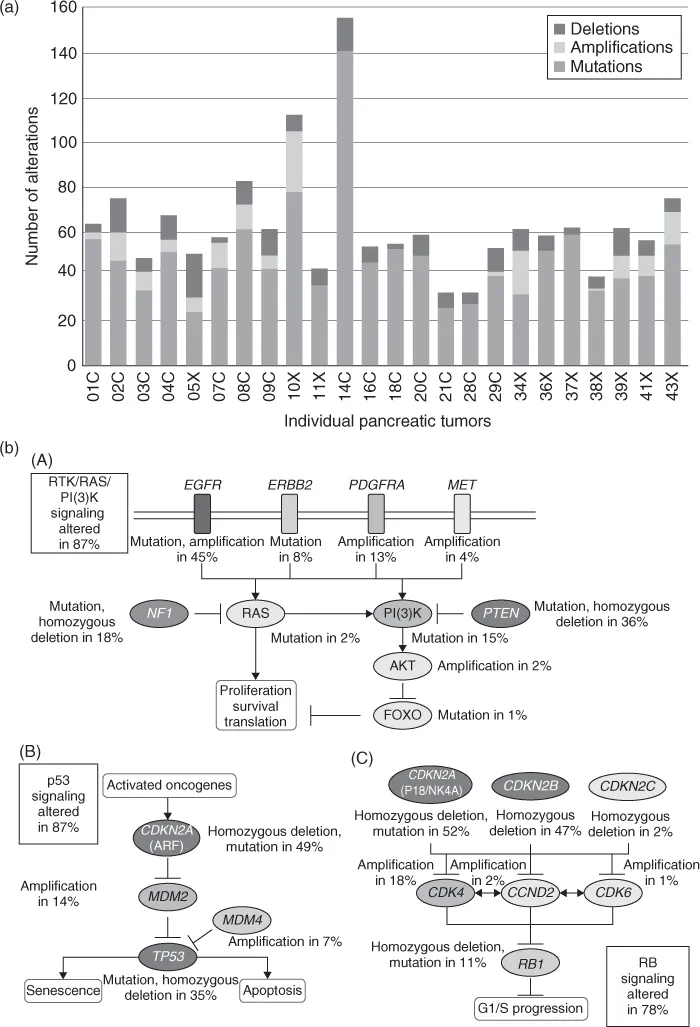
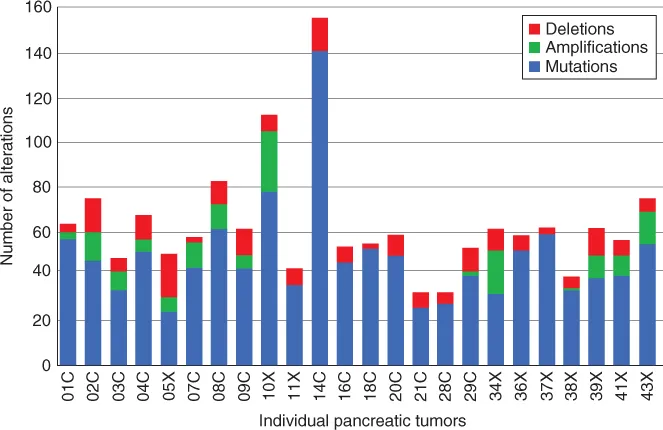
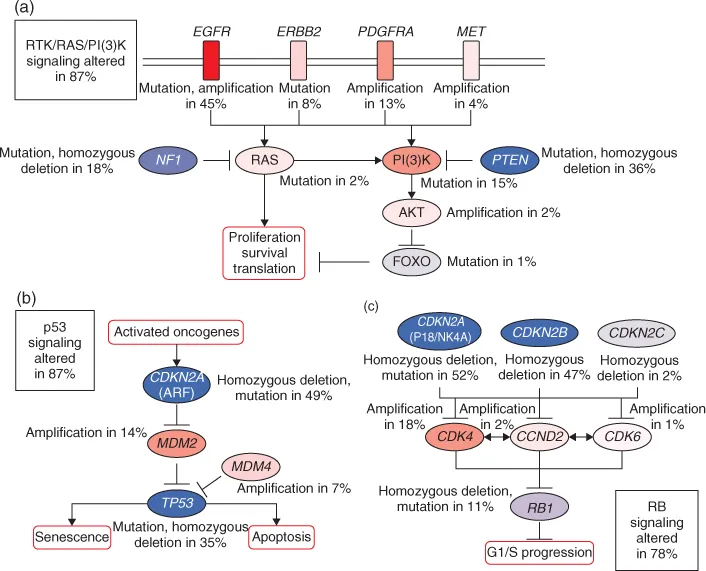
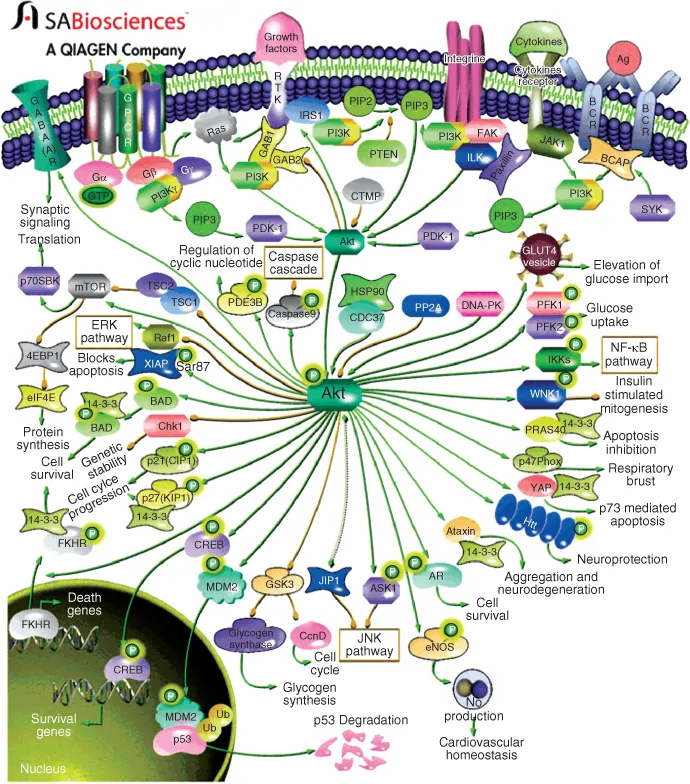
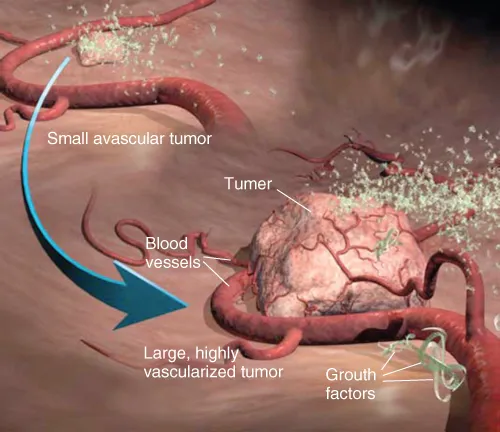
Table of contents
- Cover
- Title Page
- Copyright
- Dedication Page
- Foreword
- Preface
- Chapter 1: Images of Cancer
- Chapter 2: Confusion Surrounds the Origin of Cancer
- Chapter 3: Cancer Models
- Chapter 4: Energetics of Normal Cells and Cancer Cells
- Chapter 5: Respiratory Dysfunction in Cancer Cells
- Chapter 6: The Warburg Dispute
- Chapter 7: Is Respiration Normal in Cancer Cells?
- Chapter 8: Is Mitochondrial Glutamine Fermentation a Missing Link in the Metabolic Theory of Cancer?
- Chapter 9: Genes, Respiration, Viruses, and Cancer
- Chapter 10: Respiratory Insufficiency, the Retrograde Response, and the Origin of Cancer
- Chapter 11: Mitochondria: The Ultimate Tumor Suppressor
- Chapter 12: Abnormalities in Growth Control, Telomerase Activity, Apoptosis, and Angiogenesis Linked to Mitochondrial Dysfunction
- Chapter 13: Metastasis
- Chapter 14: Mitochondrial Respiratory Dysfunction and the Extrachromosomal Origin of Cancer
- Chapter 15: Nothing in Cancer Biology Makes Sense Except in the Light of Evolution
- Chapter 16: Cancer Treatment Strategies
- Chapter 17: Metabolic Management of Cancer
- Chapter 18: Patient Implementation of Metabolic Therapies for Cancer Management
- Chapter 19: Cancer Prevention
- Chapter 20: Case Studies and Personal Experiences in Using the Ketogenic Diet for Cancer Management
- Chapter 21: Conclusions
- Index
- Color Plates